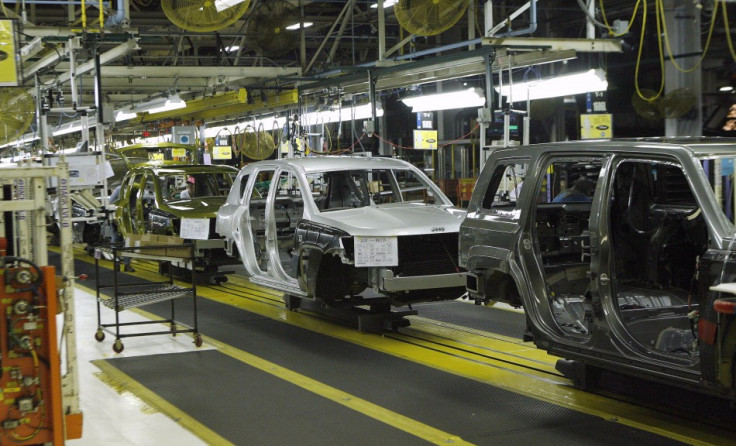Mixed news for the US economy as payrolls beat expectations but wage growth weakens
US economy adds more jobs than expected in January, but wage growth remains under intense pressure.

The US economy added less jobs than expected last month, but wages increased at the fastest pace since 2009, official figures released on Friday (3 February) showed.
According to the US government, the world's largest economy created 227,000 jobs in January, comfortably beating the 175,000 analysts expected, while December's gains were revised up from 156,000 to 157,000.
Meanwhile, the unemployment rate, which hit a nine-year low of 4.6% in December, rose from 4.7% to 4.8%, compared with expectations for an unchanged reading.
The report added retailers, construction firms, financial companies and restaurants all led the way in hiring in January.
Hourly wages rose 0.1% to $26 an hour last month, bringing the rate of growth over the past 12 months to 2.5%, rising quicker than the less than 2% annual gains that prevailed through most of the recovery.
"We don't think that today's report, on its own, will be a game changer for the Federal Reserve, and the market is still pricing in the prospect of another rate hike by mid-year, as after all wage growth at 2.5% is still above its target inflation rate," said Kathleen Brooks, research analyst at City Index.
"However, we will be watching the development of wages, which are a key metric for the Fed going forward. If they don't pick up again for February then rate hike expectations may start to get pushed further out to the second half of 2017, which could limit dollar upside in the medium term."
Ian Shepherdson, chief economist at Pantheon Macroeconomics, said the report was a mixed bag for the US central bank.
"The surge in payrolls will be a real problem for policymakers, if it is sustained, but the softness of average hourly earnings makes it harder for the hawks to make the case that the threat to core inflation via the labor market is immediate," he said.
"This report makes a March hike less likely, but doesn't kill it. if February payrolls are similar but wages rebound strongly, and clear plan for fiscal easing is taking shape, they could easily still hike."
US President Donald Trump has vowed to bring jobs back to America, promising to implement tax cuts, reduced regulation as well as increased spending on public works.
However, while the policies are likely to be welcomed by a number of businesses, Trump's determination to implement more protectionist policies in terms of foreign trade has worried investors.
© Copyright IBTimes 2025. All rights reserved.






















